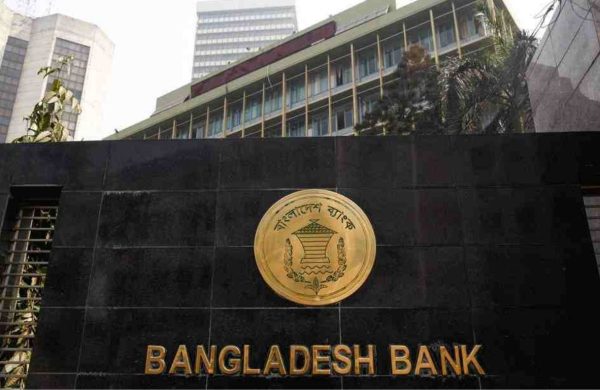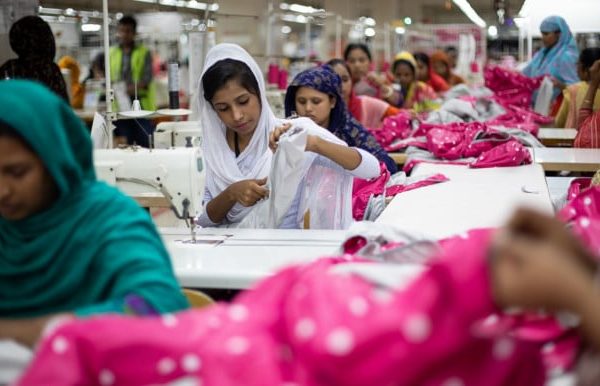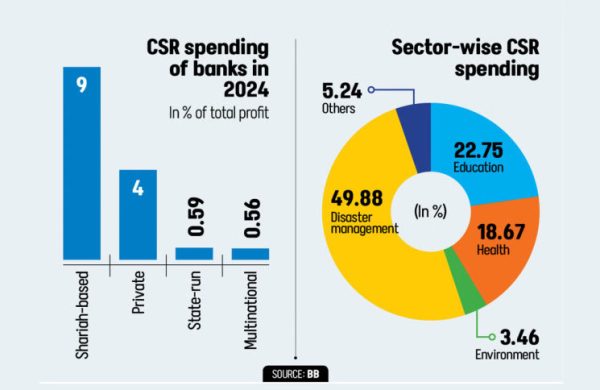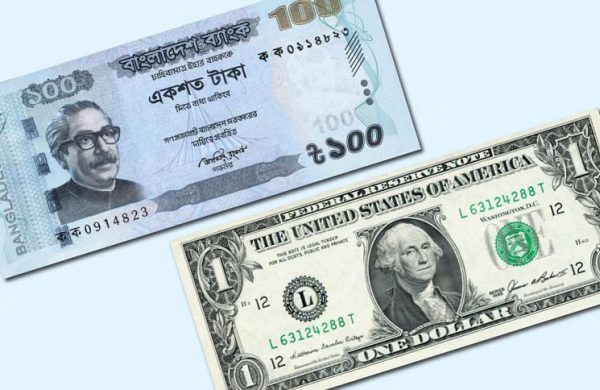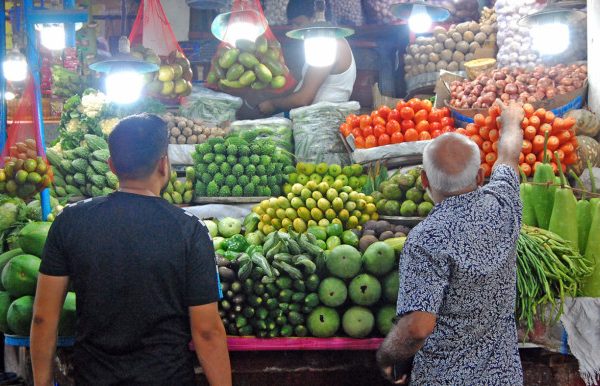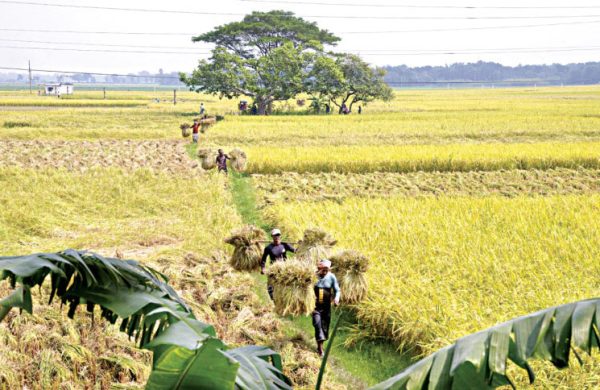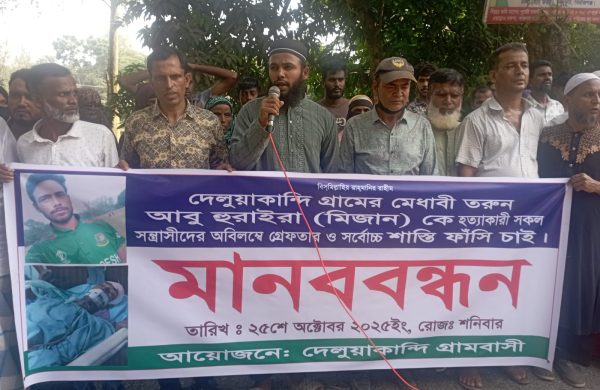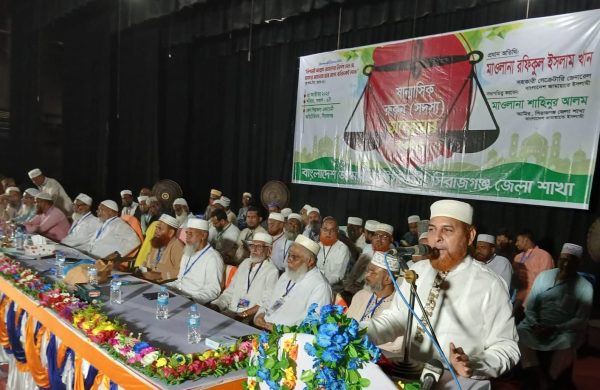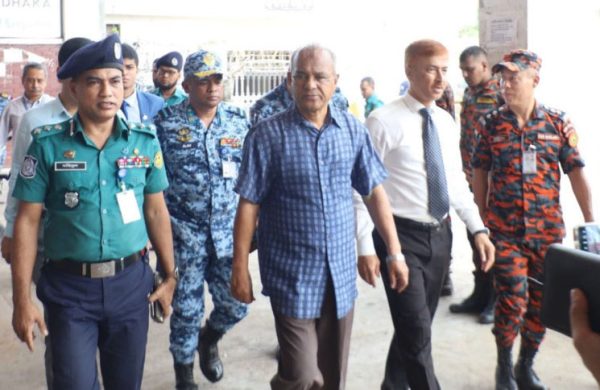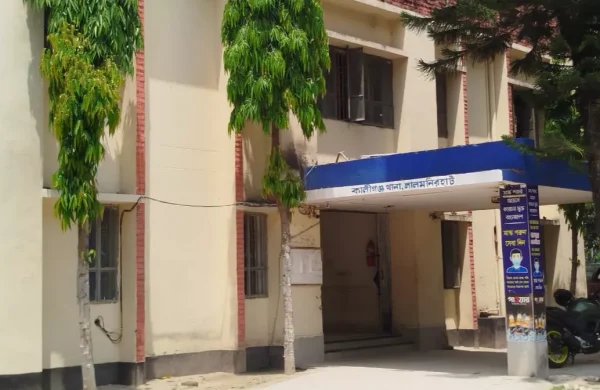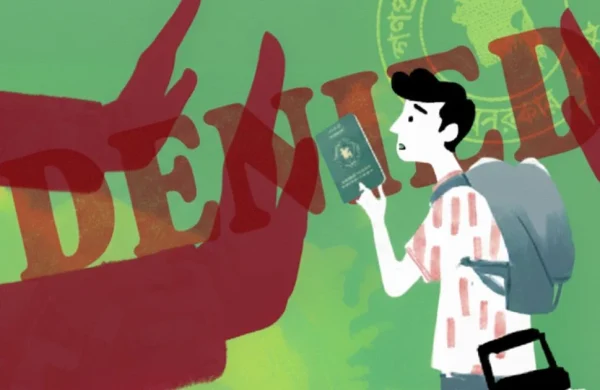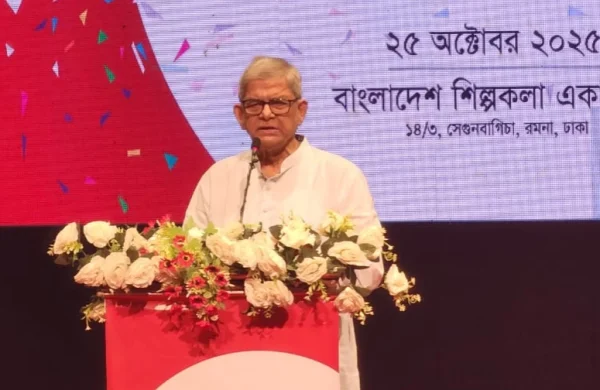Government, IMF face off over 4 key issues
- Update Time : Saturday, October 25, 2025
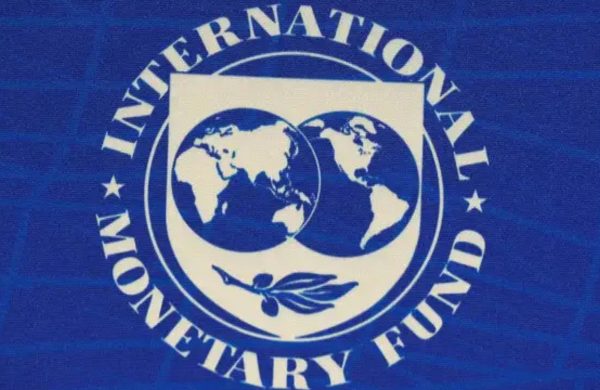
TDS Desk:
The government of Bangladesh has met sharp objections from the International Monetary Fund (IMF) over four major issues: financial policy, revenue-sector reform including the abolition of the National Board of Revenue (NBR), failure to reduce non-performing loans, and the Bangladesh Bank’s dollar purchases. The IMF has told the government it will not release the next tranche of funds until these matters are resolved.
A Finance Division source confirmed that the IMF has raised doubts whether the reform policies adopted by the current caretaker government will be fully adhered to by the next elected administration. The Fund specifically took issue with the central bank’s rationale for buying dollars when supply already exceeded demand, despite a previous pattern of dollar sales. Over the past 3½ months, Bangladesh Bank reportedly purchased more than US$2 billion from commercial banks.
The Fund also expressed concern that, in the face of a low tax-to-GDP ratio, the revenue-sector reforms under the interim government — including dissolving the NBR and creating two new divisions — have yet to gain traction. A senior official said negotiations will be held with the government that succeeds the February elections to settle the remaining US$4.7 billion loan programme.
Officials from the interim government argued that the economy remains in a relatively strong position and that a dollar supply surplus will prevent any major harm even if IMF funds are delayed. They noted that Bangladesh Bank has bought an additional US$104 million from commercial banks this fiscal year to bolster reserves, bringing net purchases to nearly US$2 billion despite external liabilities and debt instalments.
An IMF delegation is scheduled to arrive in Dhaka on 29 October for a two-week visit. The mission will meet the Finance Ministry, the Power and Energy Ministry, Bangladesh Bank, the NBR and other agencies to review progress on conditions and compile a report for the IMF’s board meeting.
Background: In January 2023 the IMF approved a US$4.7 billion support package for Bangladesh, which was later increased to US$5.5 billion via the fourth and fifth tranches in June. Implementation is expected through eight instalments, of which Bangladesh has already received US$3.6 billion.
Economic analysts say although the economy has improved in some areas, major structural reforms remain incomplete. Addressing issues such as bank debt, monetary regulation and exchange-rate policy will be key to unlocking the remaining tranches of IMF funding.


